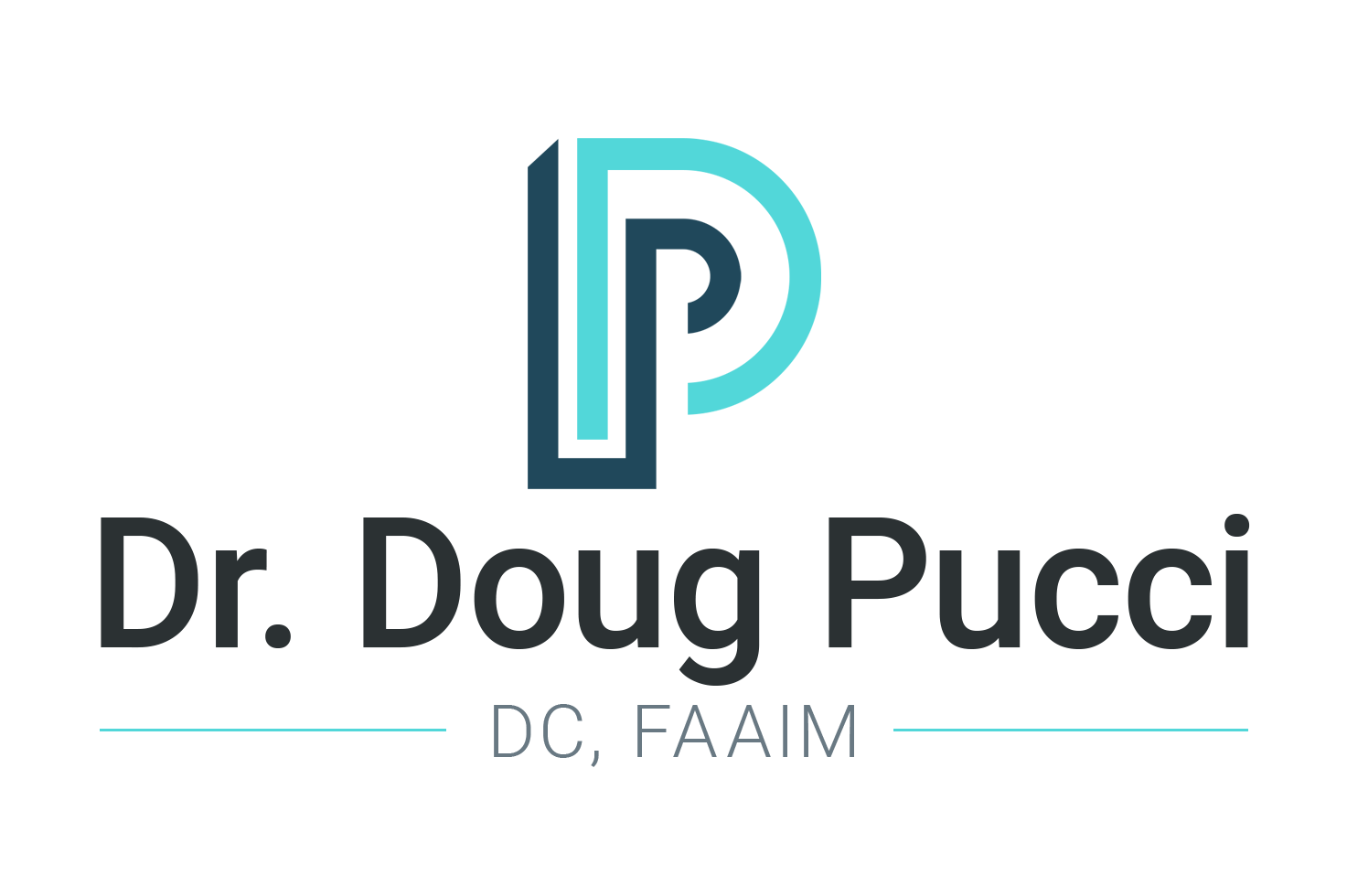Probiotics for a Healthy Intestinal Tract… and More? Learn the popular science being unearthed by researchers about the gut microbiome, and how to nurture it to prevent dysbiosis and disease.
Probiotics first rose to popularity in the 1990s, and have been recommended for good health as fermented foods since ancient times. And while research into the modern concept of improving gut health with certain bacteria only began in 1907, it has led to the knowledge we currently have about probiotics and their impact on the gut microbiome. For researchers today, identifying every species in the microbiome is the current equivalent of mapping the human genome: an unexplored frontier.
We hear a lot about the importance of probiotics, but how much is really known about which strains and how much? Like many other health-related topics, it’s not a one-size-fits-all answer. The health and balance of our intestinal microbiomes depend on diet, environmental toxin exposure, and other factors that we’ll get into shortly. Since there are so many personal variables that range all the way back to infancy, the road to a healthy gut is different and ever-changing for everyone.
But I Eat Yogurt Every Day…
While many people think that eating yogurt is enough to give them all the probiotic support they need, even a high-quality organic plain yogurt with no added sugars or flavors is only a drop in the bucket of what’s needed to balance the gut ecosystem, which is comprised of trillions of species of good and bad bacteria. Acidophilus is typically the strain found in most yogurts, and while it’s an important one, a balanced microbiome is more about the collective whole than any one particular strain.
When it comes to probiotics and microbial health, the more diverse the microbiota, the better. This is why diet is so important—the more diversification in the vegetables and fruits being eaten, the more diverse the microbiome will be. These plants feed the healthy gut bacteria, providing them the fuel source they need to transform whole food into useful nutrients. And although there are an increasing array of probiotics that can be taken orally, they should be used in addition to eating a diversified selection of veggies and fruits, rather than replace them.
The 3 Categories of Probiotics
The beneficial bacteria in probiotics can help to correct many imbalances and aid in digestion by helping to maintain a proper balance of good and bad bacteria in your gut. There are three broad categories of probiotics:
- Lactic acid species – these are mostly transient, and have been shown to boost the immune system, help to prevent infection and improve mood. They need to be continually replenished and are the simplest to attain. Popular strains include Lactobacillus and Bifidobacterium
- Soil-based or spore forming species – these are harvested from soils or grown in a culture medium. In spore form (not having reached the bacteria stage yet), these can get past stomach acids and enzymes that make up the gut’s hostile environment. Popular strains include Bacillus species.
- Beneficial yeast species – these actually help to prevent yeast overgrowth that can cause yeast infections. One example, S. BoulardiI protects the intestinal lining and can often survive antibiotic use.
The balance of our intestinal microbiome can shift and change relatively regularly, which is why a switch to healthy eating and lifestyle habits, along with supplemental probiotics are a front-line strategy for many patients. There are no lab tests yet that can determine which type of probiotic a person needs; however, there are specific urine and stool tests that can indicate inflammatory conditions and imbalances. Symptoms that are indicative of a problem include experiencing frequent or continual upset stomach for no apparent reason, diarrhea, constipation, halitosis, bloating, fatigue, depression, weight gain, brain fog, and more.
What Happens When Bad Bacteria Proliferate? Can Bacterial Overgrowth Impact Health?
Imbalances that cause dysbiosis become detrimental when allowed to remain unchecked for long periods of time. For this reason, most people need to take probiotics on an ongoing basis in order to replenish the bacteria that’s needed.
An imbalance of the gut bacteria can occur for a number of reasons including extended use of antibiotics and some other medications, high levels of stress or anxiety, not eating enough different types of vegetables and fruits, having a diet that includes too many processed and fast foods, consumption of too many pesticides on produce, and a change in diet where too many sugars and additives are consumed. The purpose of antibiotics is to destroy bacteria, but they don’t differentiate between good and bad bacteria—they just wipe everything out. This not only leads to an overgrowth of bad bacteria, it also leads in many cases to an overgrowth of yeast, causing yeast infections.
Prolonged dysbiosis in the small intestine can lead to numerous chronic and degenerative diseases such as irritable bowel syndrome, rheumatoid arthritis, inflammatory bowel disease, obesity, celiac disease, diabetes, polycystic ovary syndrome, leaky gut syndrome, colitis and others. Treating dysbiosis is very individualized, especially when treating a condition; so, the best path is to take them in combination and test for areas of insufficiency, malabsorption and inflammation using testing methodologies that are available from functional medicine doctors and independent laboratories across the country.
Dr. Doug Pucci is a functional medicine practitioner who was honored in 2020 to receive both The Best Of 2020 Awards for Functional Medicine in Oradell, NJ, and entry into Trademark Publications’ Who’s Who Directory, Honors Edition, for his pioneering work. He provides comprehensive testing for health biomarkers, advanced discovery into brain/body well-being and personalized nutrition for a diversity of people and symptoms.
For more information, call 201-261-5430 or visit GetWell-Now.com








